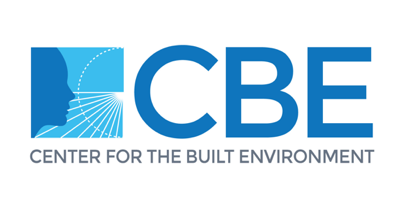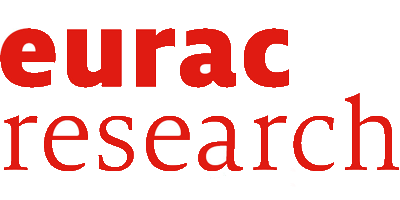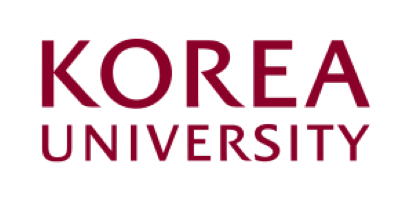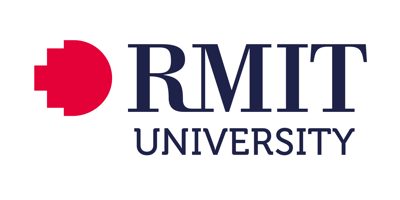Energy, Buildings and Users

The group is carrying on basic and applied research on building/district energy systems and indoor environmental quality. The research methods embrace energy simulations, computational fluid dynamics, and field monitoring. Key expertise is the analysis of IEQ and users’ system interaction to conceive energy efficient technologies and controls for the indoor environment.
The research goes also beyond the indoor environment looking at renewable/alternative systems for the onsite energy production, toward a sustainable energy transition. Among the topics of interest, carbon neutrality, energy flexibility, and indoor air quality are prominent in our activities.
The group is active in European and national projects, as well as involved in consultancy activities with companies operating in the sector.
Collaborators
- Rigoberto Arambula Lara (Research Fellow)
- Luca Lisciotto (PhD Student)
- Lucia Piazza (PhD Student)
Collaborations
Publications
- Avantaggiato M., Belleri A., Filippi Oberegger U., Pasut W. (corresponding author). (2021). Unlocking thermal comfort in transitional spaces: a field study in three Italian shopping centres. Building and Environment. 188, 107428, https://doi.org/10.1016/j.buildenv.2020.107428
- Vigna I., Pernetti R., Pasut W., Lollini, R., (2018). New domain for promoting energy efficiency: Energy Flexible Building Cluster. Sustainable Cities and Society, 38, 529-533, https://doi.org/10.1016/j.scs.2018.01.038
- Jensen S.Ø., Marszal-Pomianowska A., Lollini R., Pasut W., Knotzer A., Engelmann P., Stafford A., Reynders G., (2017). IEA EBC Annex 67 Energy Flexible Buildings. Energy and Buildings, 155, 25-34, https://doi.org/10.1016/j.enbuild.2017.08.044
- Pasut W., Zhang H., Arens E., Zhai Y. (2015). Energy-efficient comfort with a heated/cooled chair: results from human subject tests. Building and Environment, 84, 10-21, https://doi.org/10.1016/j.buildenv.2014.10.026
- Pasut W., Arens E., Zhang H., Zhai Y. (2013). Enabling energy-efficient approaches to thermal comfort using room air motion. Building and Environment, 79, 13-19
Case studies
- Study of plus energy buildings
- Study and assessment of the quality of internal environments in high-efficiency residential and office buildings
Research projects
PNRR Projects
- GRINS - Growing Resilient, Inclusive and Sustainable
Economic and Financial Sustainability of Systems and Territories - iNEST: an Ecosystem for Innovation
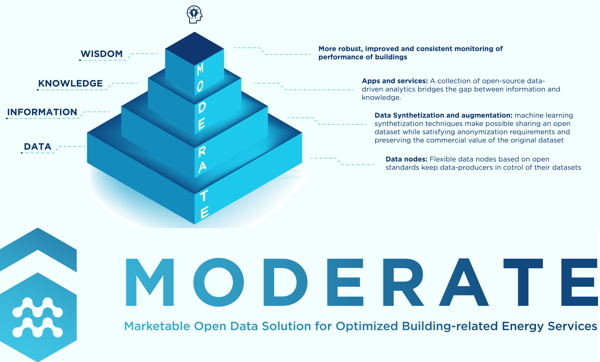
Marketable Open Data Solutions for Optimized Building-Related Energy Services
Lack of interoperability between building datasets is a key issue MODERATE aims to address by developing an open marketplace where data can be reliably shared between data owners. In a next step, the platform will allow for users to make use of different services to analyse the available data, gain insights on the building stock and create a long-term impact for the management of buildings.
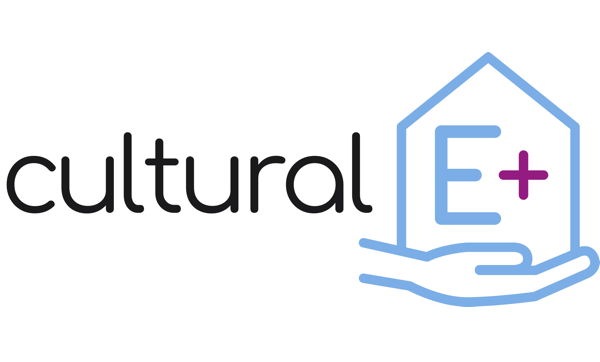
Climate and cultural based design and market valuable technology solutions for Plus Energy Houses
Cultural-E is a EU-funded project, which aims to define modular and replicable solutions for Plus Energy Buildings (PEBs), accounting for climate and cultural differences, while engaging all key players involved in the building life cycle.
Cultural-E will develop technologies and solution sets that are tailorable to specific contexts and energy demands, as well as performing a comprehensive optimisation of the value/cost ratio of Plus Energy Buildings.
Sets of design-for-assembly technologies will be developed through a careful mapping of European climates, building archetypes, and cultural energy habits. We are going beyond the state-of-the-art by maximising the share of the demand covered by renewable sources, towards zero emissions in the operational phase.
In a nutshell: the Cultural-E solution sets will be the result of a user-centric design process and will achieve and affordably maintain the best indoor environmental conditions in Plus Energy Buildings.
Website: https://www.cultural-e.eu/
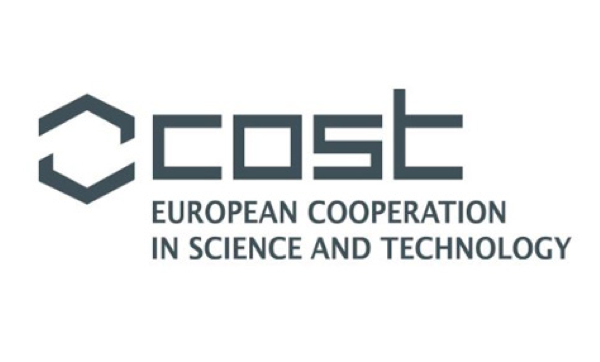
COST Action RESTORE: REthinking Sustainability TOwards a Regenerative Economy
The RESTORE action - REthinking Sustainability TOwards a Regenerative Economy (2017-2020) promotes a new paradigm of more sustainable construction and restoration of new or existing buildings in Europe, designed for the long term and based on multidisciplinary knowledge: the richness and creativity of design meet an improved user experience, comfort, health, well-being and satisfaction inside and outside the building, in harmony with the urban and natural ecosystem and reconnecting users with nature.
Website: https://www.cost.eu/actions/CA16114/#tabs|Name:overview
Last update: 15/04/2025

